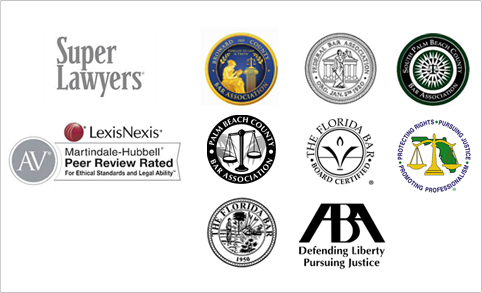Shareholder Adam S. Chotiner oversees the firm’s Labor and Employment Law practice group.
The group’s practice is focused on the litigation of labor and employment law disputes, as well as preventive labor relations. The firm primarily represents management.
The firm is experienced in and handles all areas of labor and employment law, including:
- Overtime, minimum wage and other wage & hour issues;
- Racial discrimination and harassment;
- National origin and ethnic discrimination and harassment;
- Religious discrimination and harassment, including the accommodation of sincerely held religious beliefs;
- Gender discrimination, including pregnancy discrimination;
- Sexual harassment;
- Disability discrimination and harassment;
- Retaliation claims;
- Family and Medical Leave Act claims and compliance;
- Whistleblower claims;
- Issues and claims under the WARN Act (Worker Adjustment and Retraining Notification Act);
- Unemployment compensation claims;
- Pension and other benefit claims;
- National Labor Relations Act claims;
- Drafting, enforcement and defense of non-compete agreements;
- Trade secret and unfair competition claims; and
- Other employment contract matters, including severance package negotiations.
From a litigation standpoint, the group’s attorneys handle cases in federal and state court, including appeals if necessary. They also regularly engage in arbitration matters and administrative proceedings, including investigations before the Equal Employment Opportunity Commission and the U.S. Department of Labor.
With regard to preventive labor relations, the firm’s labor and employment attorneys are heavily involved in the review and drafting of employee handbooks, policy and procedure manuals and employment contracts, including independent contractor agreements, severance agreements and covenants not to compete. The practice group also counsels employers on a daily basis and routinely provides employment training.
Adam S. Chotiner’s labor and employment practice also includes the defense of claims brought under Title III of the Americans With Disabilities Act. These matters generally involve disabled individuals suing businesses and other places of public accommodation, claiming that barriers exist which allegedly prevent them from fully enjoying the products and services being offered.


